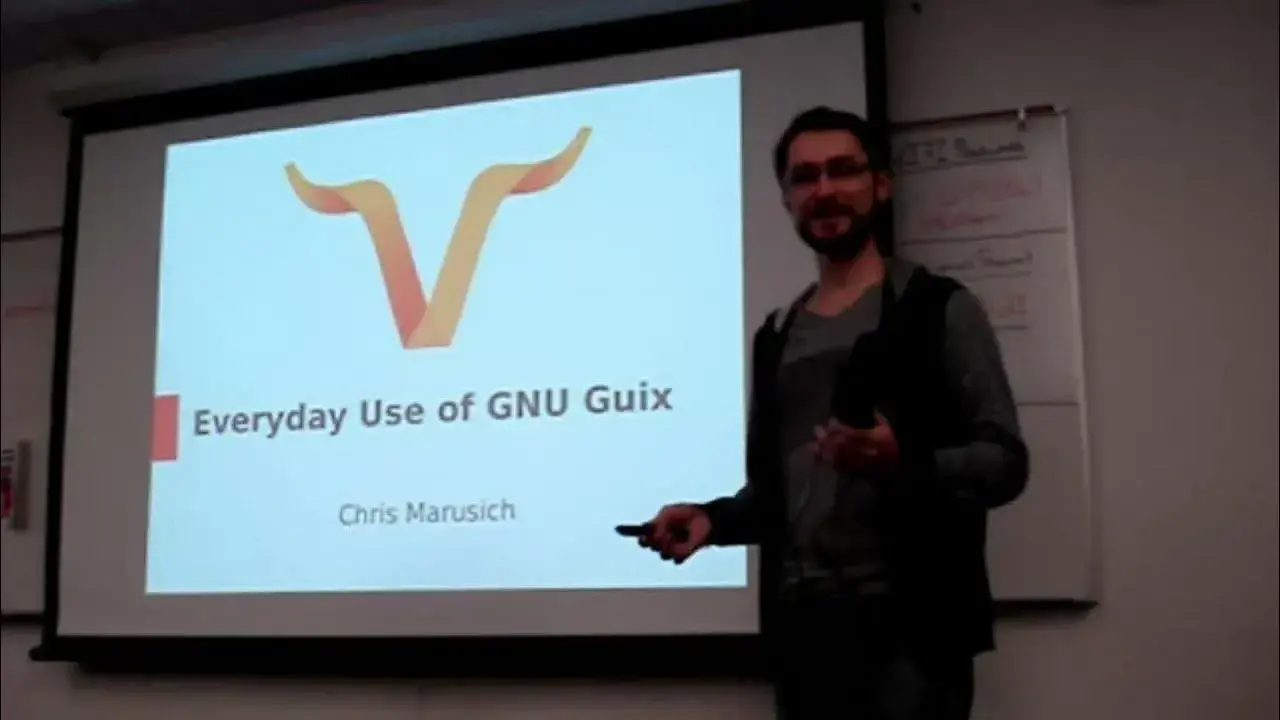

Yes your description is just right and is the heart of my question. To use your terminology:
Currently:
- Away from home: Phone -> VM -> Home Server
- At home: Phone -> VM -> Home Server (inefficient!)
Ideally:
- Away from home: Phone -> VM -> Home Server
- At home: Phone -> Home Server
In the ideal case, I would never have to change anything about the wireguard config/status on the Phone, nor would I have to change the domain name used to reach the resource on the Home Server.











I love ipv6 but I don’t see how it is related to anything here